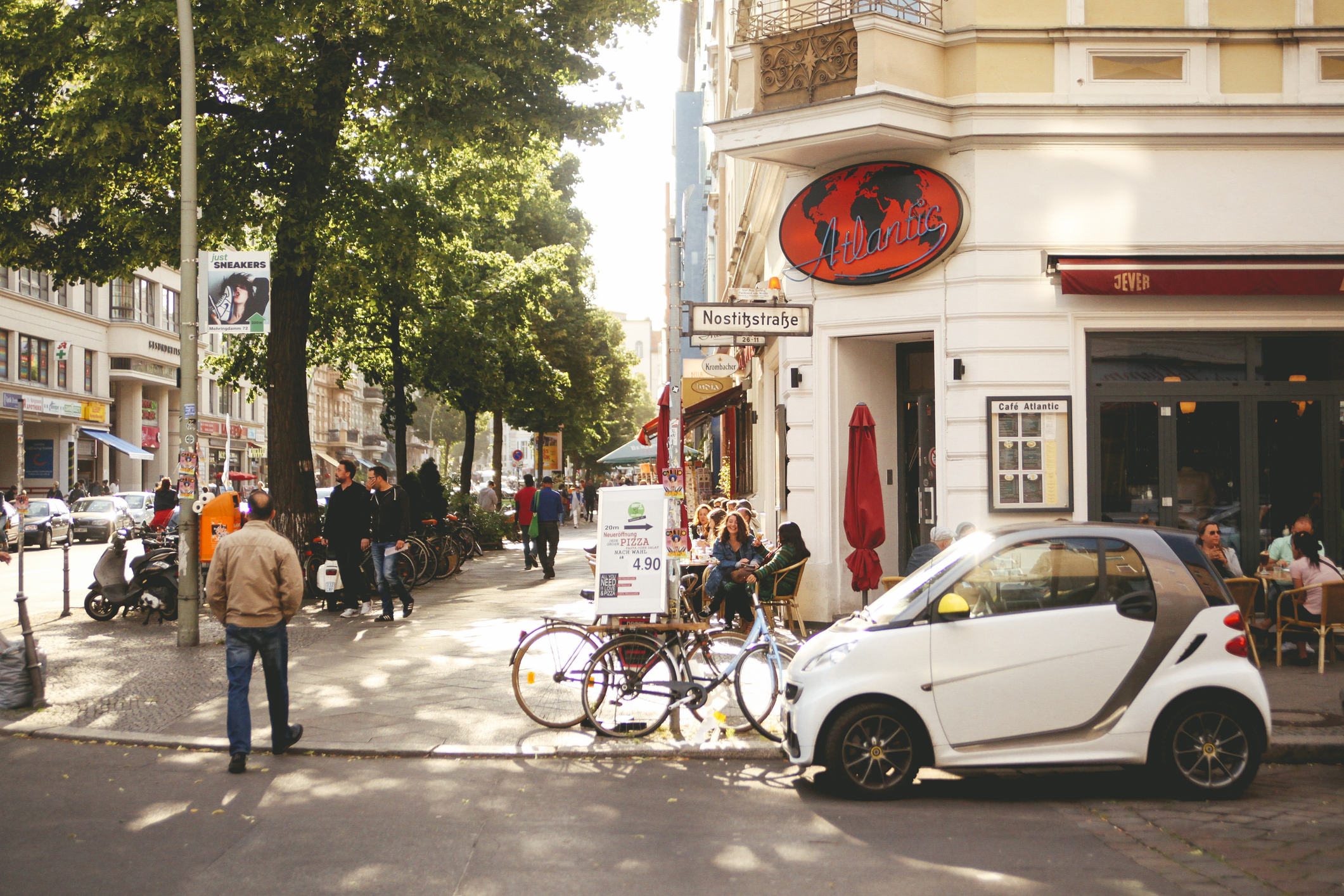The city government of Berlin has been given the go-ahead to put in place a long-held plan to rename the major central Mohrenstraße road.
On July 9, the Berlin-Brandenburg Higher Administrative Court turned down all appeals and ruled that the government had the right to rename the thoroughfare.
The verdict ended a five-year long debate which had started in August 2020 when the District Assemble for Central Berlin – dominated by The Greens party – decided to give Mohrenstraße a new name. That was seen as being in response to activists’ claims that the current designation was “discriminating and harmful to Berlin’s reputation”.
“Mohr” is an outdated German word for people of colour. It derives from the Spanish term for the moors of Northern Africa. The word is no longer used in the German language aside from in a historic context.
It is generally seen as less pejorative than the word “neger” – another term for people of colour that had been widely used in German until the 1990s.
The road-name change was and has remained unpopular with Berliners. More than a 1,000 people had tried to appeal the administration’s decision but were discouraged by administrative fees of up to €741.37 to file their request, as Berliner Zeitung reported on July 9.
Local journalist Stefan Peter called the court’s decision “a victory for political iconoclasm”.
Mohrenstraße got its name in the early 18th century, most probably in 1706 or 1707. The exact source of the name was unclear. Some historians said they thought it was named after a group of coloured servants serving the then-Prussian king.
Others have theorised it was named in honour of an African delegation that visited Berlin in those days.
Today, Mohrenstraße is a 900-metre-long road flanked by tall buildings, among them the German Health and Justice Ministries, the Berlin Hilton and the Chilean embassy.
All these institutions as well as hundreds of businesses and individuals will now have their addresses changed.
In the future, the road will be called Anton-Wilhelm-Amo-Straße, in honour of Anton Wilhelm Amo who was born in Ghana in 1703 and came to Germany as a child where he became a philosopher and “the first Afro-German academic”.
The metro station Mohrenstraße will henceforth also be called Anton-Wilhelm-Amo-Straße, Berlin Public Transport company BVG said.
In 2020, BVG had planned to name it after nearby Glinkastraße – until it turned out that the street’s namesake, Russian compose Mihail Glinka (1804 – 1857) may have been an anti-Semite.





